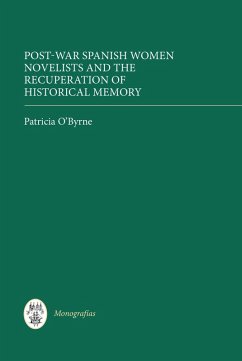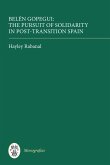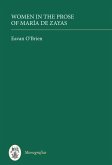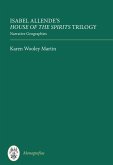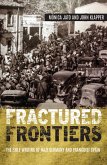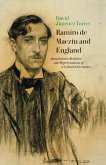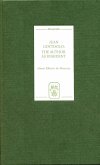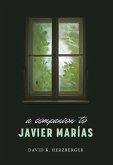Reconstructs through testimonial literature the repression of women during the Franco years and recovers the writings of some of the forgotten post-war women novelists.
The passing of Spain's Law of Historical Memory (2007) marked the official recognition of the need to confront a violent and painful past. Article 2 makes reference to specific groups who experienced discrimination including religious and ethnic communities; no reference is made to the gender repression endured by women, enforced by a patriarchal regime through its legislation and policies, with the active support of the Church and the Women's Section of the Falange.
Revised narratives of the period that have emerged in recent decades have raised issues in relation to the reliability and selectivity of memory, and its ongoing mediation by intervening events. While documentarysources of the period are prejudicial, cotemporaneous post-war testimonial novels provide an invaluable resource in reconstructing the past, particularly the novels of women writers. This book draws on their narrative to reconstruct the female experience of the post-war years and in particular on the writings of novelists whose work has undeservedly been disregarded. Neither the experience of women under Franco nor the narrative of women writers of the period should be forgotten.
Patricia O'Byrne lectures in Hispanic Studies and Comparative Literature at Dublin City University.
The passing of Spain's Law of Historical Memory (2007) marked the official recognition of the need to confront a violent and painful past. Article 2 makes reference to specific groups who experienced discrimination including religious and ethnic communities; no reference is made to the gender repression endured by women, enforced by a patriarchal regime through its legislation and policies, with the active support of the Church and the Women's Section of the Falange.
Revised narratives of the period that have emerged in recent decades have raised issues in relation to the reliability and selectivity of memory, and its ongoing mediation by intervening events. While documentarysources of the period are prejudicial, cotemporaneous post-war testimonial novels provide an invaluable resource in reconstructing the past, particularly the novels of women writers. This book draws on their narrative to reconstruct the female experience of the post-war years and in particular on the writings of novelists whose work has undeservedly been disregarded. Neither the experience of women under Franco nor the narrative of women writers of the period should be forgotten.
Patricia O'Byrne lectures in Hispanic Studies and Comparative Literature at Dublin City University.
Dieser Download kann aus rechtlichen Gründen nur mit Rechnungsadresse in A, D ausgeliefert werden.

